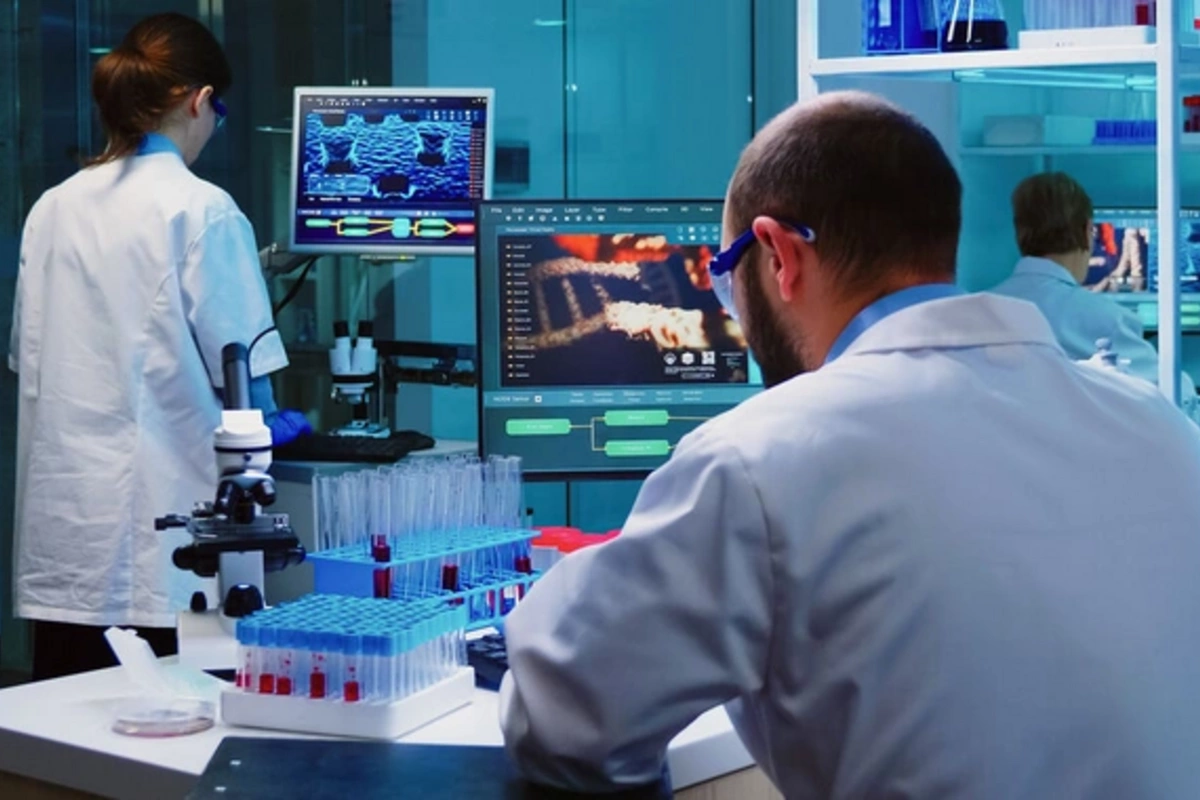13 Aug , 17:20
29

Scientists revealed the secret of the "aging protein": HMGB1 triggers a chain reaction of cell deterioration
HMGB1 accompanies us throughout our lives. In youth, this protein works inside cells, supporting their normal functioning. However, with age, aging cells begin to "throw" it outside, which leads to unexpected consequences.
Laboratory studies by gerontologists from the Korean University Medical College revealed an alarming pattern: once in the extracellular space, HMGB1 attacks neighboring healthy cells through their receptors, triggering aging processes in them. The affected cells, in turn, also begin to secrete this protein, creating a domino effect throughout the body.
Scientists have established that the protein exists in two forms. The active form causes damage and inflammatory reactions, while the inactive form remains harmless. Experiments showed a shocking result: even young, healthy cells stop dividing and begin to secrete pro-inflammatory substances after contact with the active form of HMGB1.
Researchers first discovered this mechanism when studying elderly patients with injuries, and then confirmed their findings in experiments on mice. The authors of the study, published in the journal Metabolism – Clinical and Experimental, emphasize an important discovery: aging can spread in tissues not slowly and gradually, but rapidly, according to a chain principle. This discovery could be key to developing new methods to slow down aging processes.